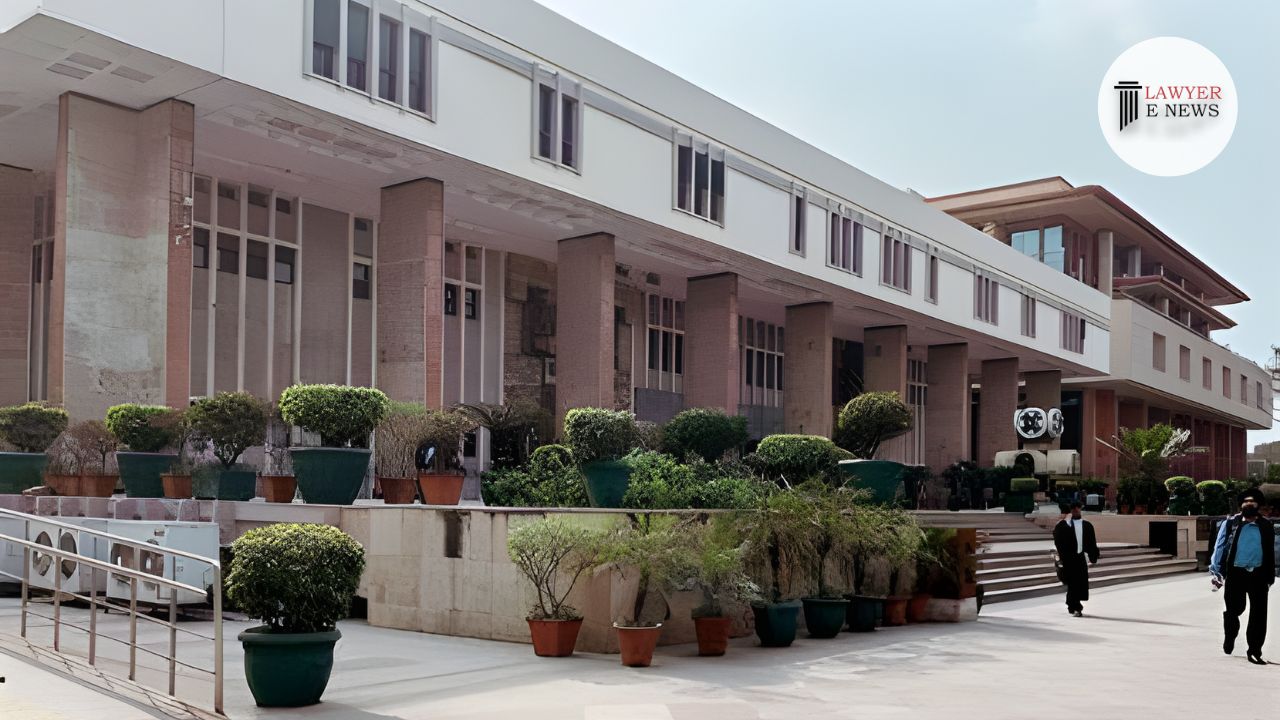-
by Admin
15 February 2026 5:35 AM



Delhi, July 2024: The Delhi High Court has dismissed the writ petition filed by Shruti Vora challenging the selection criteria established by the Equestrian Federation of India (EFI) for the Dressage event at the Paris Olympic Games 2024. The court, in its judgment delivered by Justice Sanjeev Narula, upheld the selection criteria as balanced and in compliance with the Fédération Équestre Internationale (FEI) guidelines.
Shruti Vora, a prominent Indian Dressage athlete, filed a writ petition contesting the selection of Anush Agarwalla by EFI to represent India in the Dressage event at the upcoming Paris Olympics. Vora argued that the selection criteria were arbitrary, discriminatory, and unfairly favored Agarwalla by relying on outdated performance metrics rather than recent form.
The court emphasized that the selection criteria adhered strictly to the FEI standards, ensuring both fairness and rationality. "The criteria reflect a balanced approach, incorporating both historical performance and current form," stated Justice Narula. The selection was based on the highest average scores from the best four Grand Prix events in the past year, which the court found to be a fair measure of an athlete's consistent performance.
Justice Narula reiterated the principle of judicial restraint in interfering with sports federations' selection criteria, citing precedents like Manini Kaushik v. National Rifle Association of India and Sushil Kumar v. Union of India. The court held that judicial intervention is warranted only in cases of manifest arbitrariness or perversity, neither of which was evident in this case.
Addressing the importance of consistency, the court found that Agarwalla's selection was based on his consistent high performance over the specified period. The use of historical performance metrics, the court noted, ensures the selection of stable and consistently high-performing athletes.
The judgment extensively discussed the principles of evaluating evidence and the appropriateness of using both past and recent performance metrics. The court upheld the EFI’s criteria, which mandated that an athlete-horse combination must achieve a minimum eligibility requirement (MER) of 67% in two FEI-listed qualification events between January 1, 2023, and June 24, 2024. In cases where multiple athletes met this requirement, the selection would then be based on the highest average scores from the best four Grand Prix events within the qualifying period.
Justice Narula remarked, "The integration of historical performance data ensures that selections are based on sustained excellence rather than transient form, thereby aligning with the principles of fairness and rationality."
The Delhi High Court’s decision to dismiss the petition underscores the judiciary's commitment to upholding fair and rational selection processes in sports. By affirming the EFI's adherence to FEI guidelines, the judgment sends a strong message about the reliability and integrity of established selection criteria. This landmark decision is expected to have a significant impact on future sports selections, reinforcing the legal framework for addressing disputes in sports governance.
Date of Decision: July 4, 2024
Shruti Vora v. Equestrian Federation of India & Ors.
